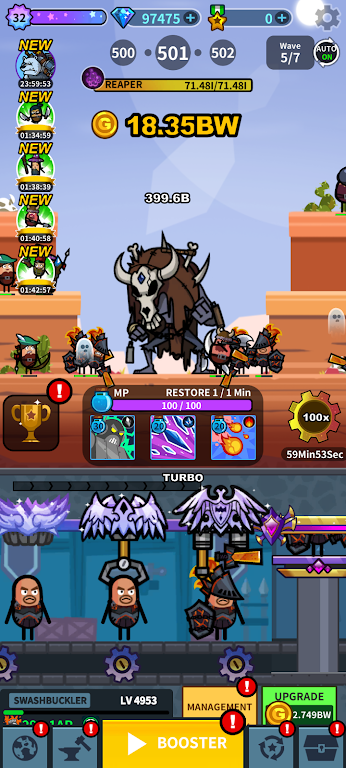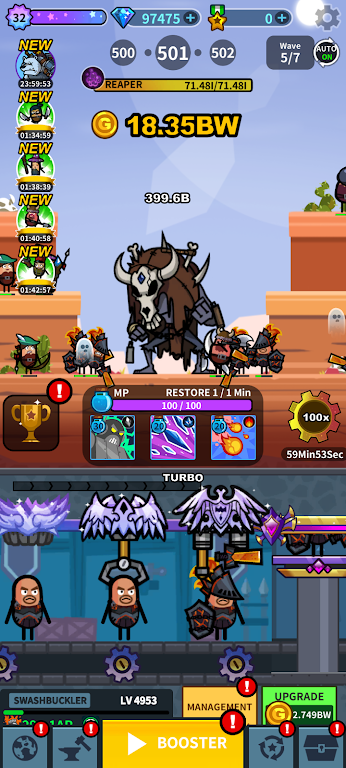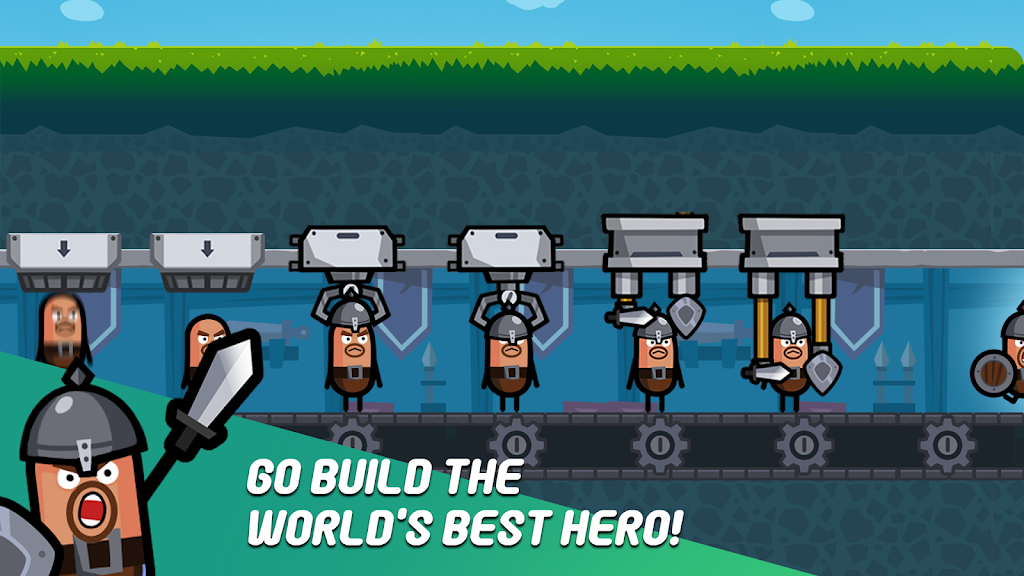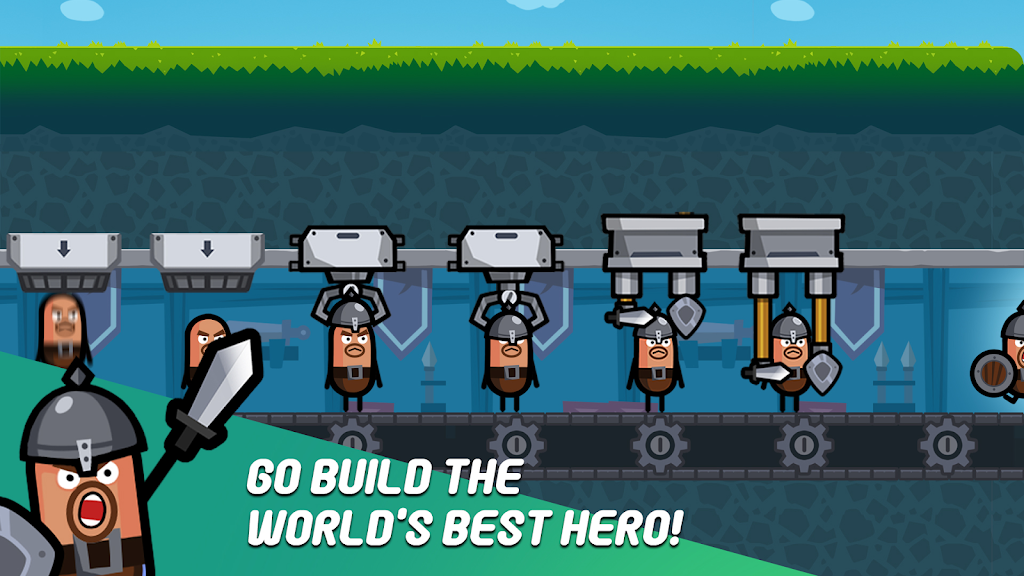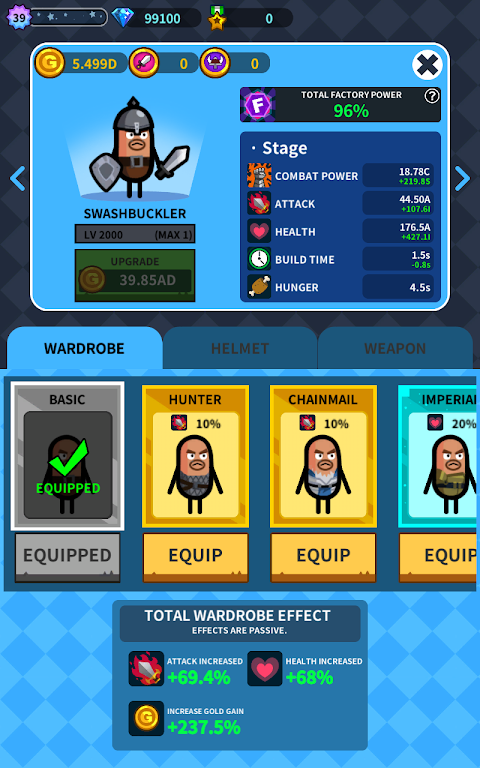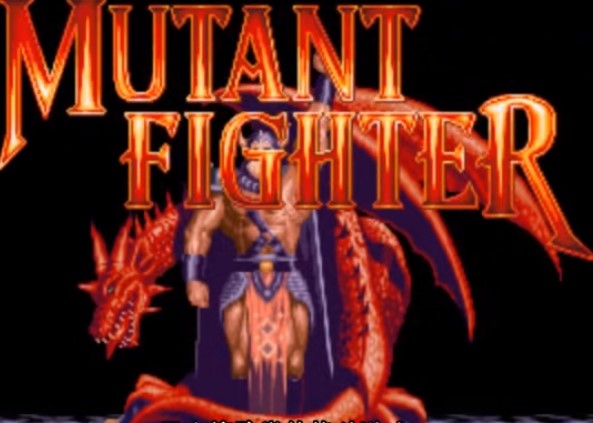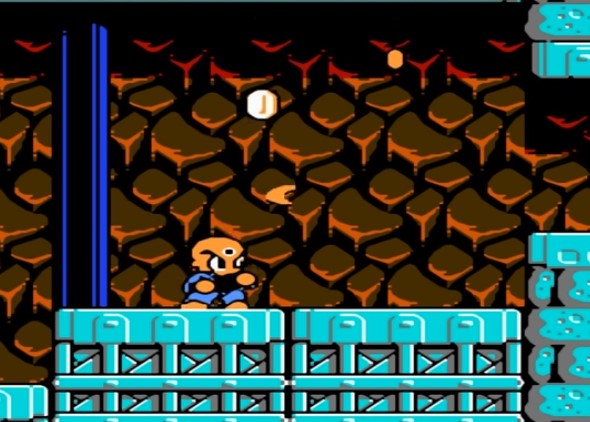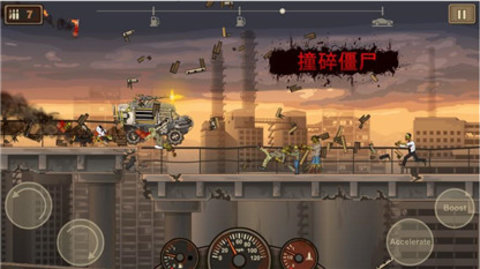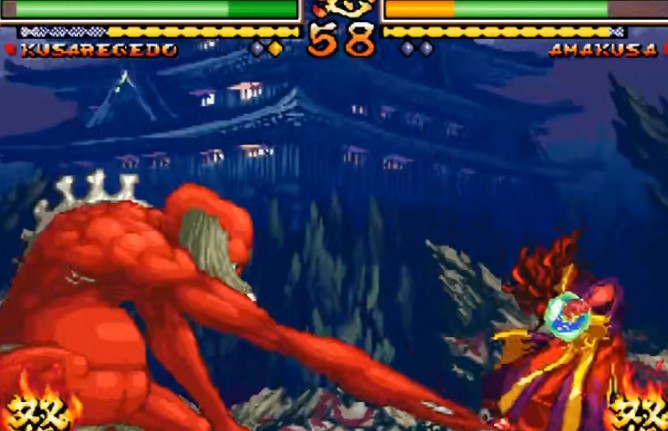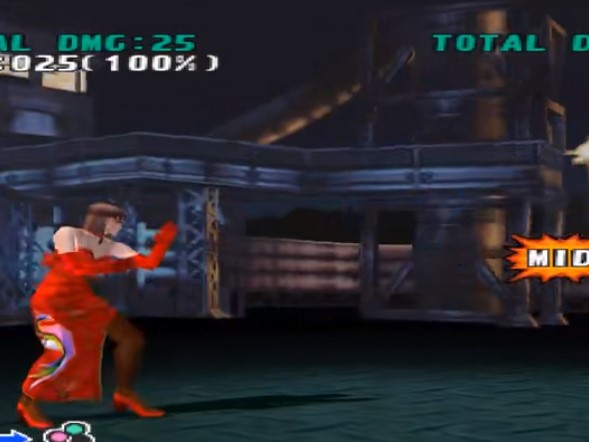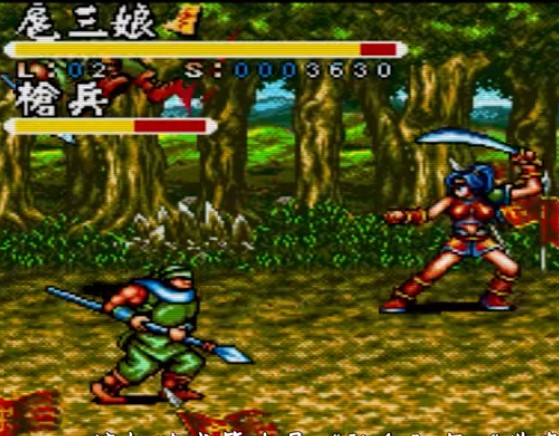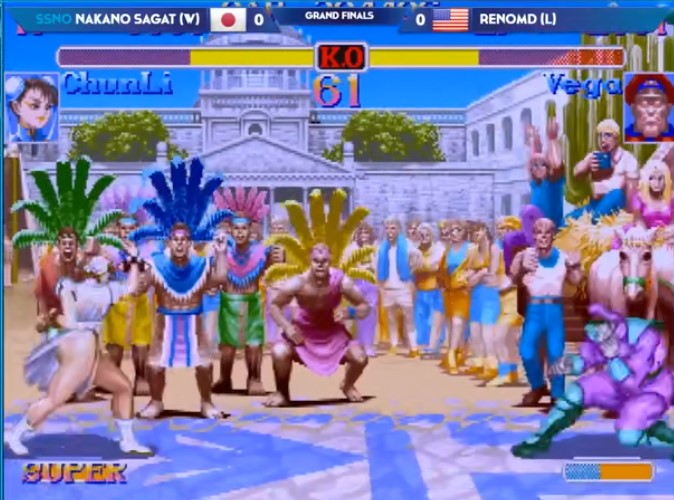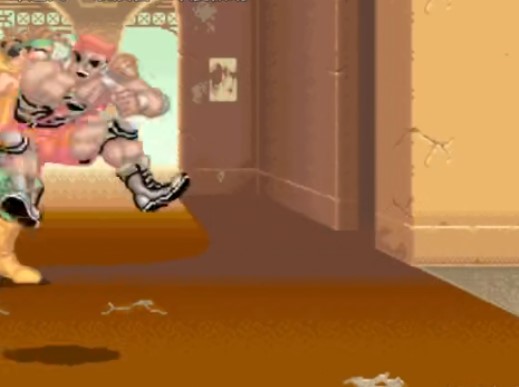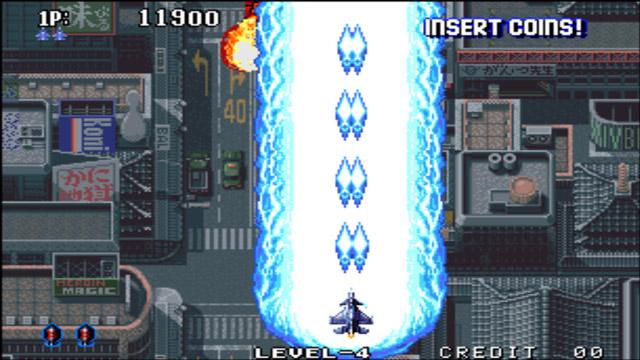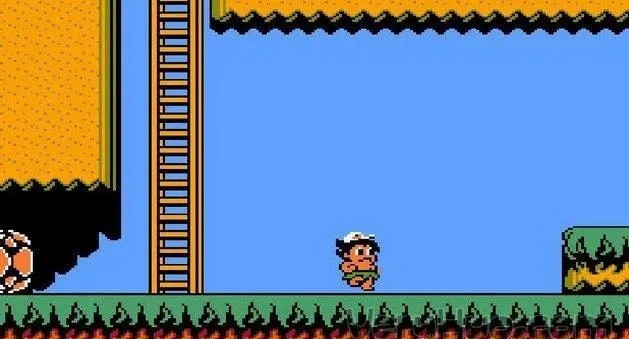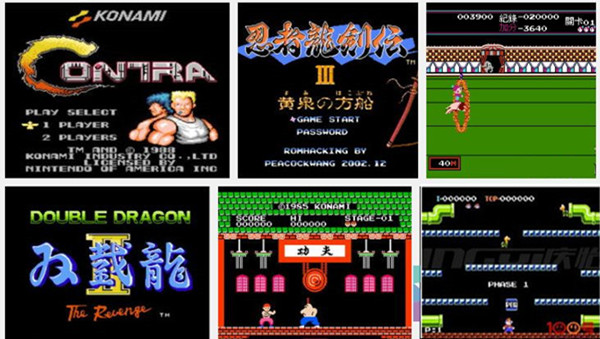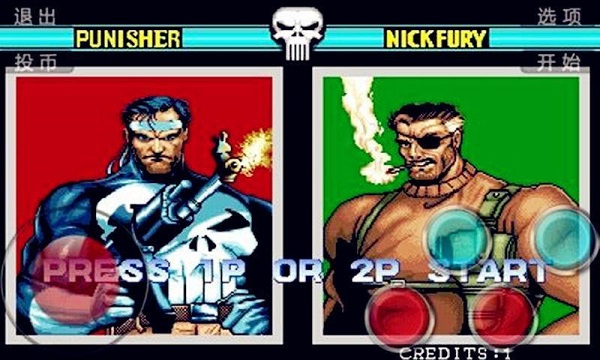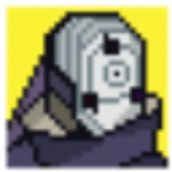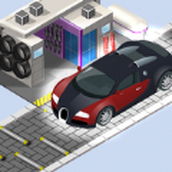![Hero Factory Idle tycoon Mod Apk [Speed Hack] 3.1.28](https://www.kofcn.org/uploads/20240229/logo_65dff0dc137231.png)
Hero Factory Idle tycoon Description
Hero Factory was a state-of-the-art facility that produced the most powerful and intelligent robots in the galaxy. The factory was created by a group of brilliant scientists who wanted to use their knowledge and expertise to create machines that could help protect and serve the citizens of the universe. Their dream was to create a team of robots that would become the guardians of the galaxy, and they succeeded beyond their wildest dreams.
The robots produced by Hero Factory were designed to be more than just machines; they were intelligent beings capable of independent thought and decision making. Each robot was unique, with its own personality and abilities, but they all shared a common purpose - to protect the galaxy from harm.
One of the most famous robots produced by Hero Factory was a model known as "Stormer." Stormer was a fearless warrior who was admired by all of the other robots. He was a true leader, always willing to put himself in harm's way to protect others. Stormer was equipped with the latest technology and was always ready for battle.
Another famous Hero Factory robot was "Breez." Breez was a skilled fighter and a compassionate friend. She had a unique ability to communicate with all living creatures, and this made her invaluable in a wide range of situations. Breez was known for her kind heart and her willingness to help those in need.
But Hero Factory was more than just a production facility for robots. It was also a training ground for the next generation of heroes. Young cadets from all over the galaxy came to Hero Factory to learn from the best and to hone their skills. The training was rigorous, and many cadets did not make it through the program. But those who did emerged as true heroes, ready to take on any challenge.
The factory was not without its challenges, however. There were those who opposed the creation of the Hero Factory, believing that robots could never replace human heroes. There were also those who sought to use the robots for their own nefarious purposes. But the scientists and engineers at Hero Factory were always one step ahead, constantly improving the robots and developing new technologies to keep them ahead of their enemies.
Over time, Hero Factory became a symbol of hope and inspiration to the galaxy. People everywhere knew that they could count on the heroes produced by the factory to protect them in times of need. The robots of Hero Factory became the stuff of legends, their exploits recounted in countless tales and songs.
And so, the legacy of Hero Factory lived on, long after the original scientists and engineers had passed away. The robots they had created continued to protect and serve the galaxy, ensuring that peace and justice prevailed. It was a legacy that would never be forgotten, and one that would continue to inspire generations of heroes to come.
Hero Factory Idle tycoon MOD APK - MOD Speed Hack features detailed description
Hero Factory Idle tycoon Game speed changer is a game gas pedal that can change the game speed in the game, thus helping the player to get more efficiency and better gamplay experience in the game. It usually achieves the speed change by making modifications to the game code, such as modifying the game timer or changing the frame rate at which the game runs.
This tool usually requires some technical knowledge to use, because it is necessary to make changes to the game code and make sure that the game is still running properly. At the same time, the use of the variable speed version may also have adverse effects on the game, such as causing errors or imbalances.
However, for some players, using the speed change is an effective way to speed up the game, to finish it in a short time or to get a higher score. In addition, the speed change can also help players to solve some difficult game levels.
After all, the game speed variant is a very useful tool to change the speed of the game and to get more efficiency and better gameplay experience in the game. However, you need to be careful with the use of speed bumps to ensure that the game runs properly and to avoid any adverse effects.
Hero Factory Idle tycoon MOD APK Advantages
Simulation games are a category of games based on the simulation of the real world, where the player usually has to take on a specific role or manage a specific organization to win the game or achieve a goal by simulating various elements of the real world such as economy, politics, and society. The goal of such games is to present a highly interactive and meaningful gaming experience through scenarios that simulate realistic situations or fictional scenarios.
There are various types of simulation games, including business simulation, life simulation, agriculture simulation, city building, transportation, etc. Among them, management simulation games are one of the most representative genres, such as SimCity and King of the Zoo. These games usually require players to manage a virtual organization or business, including finance, marketing, supply chain management, etc., and players need to achieve specified goals within a certain period of time.
Hero Factory Idle tycoon typically put players in the role of a specific character, such as the Sims series, where players can customize a virtual character and perform life simulations, including buying furniture, interacting with other virtual characters, working, and developing a career. These games are usually played in an open-world format, allowing players to freely explore the virtual world and interact with other characters.
Agricultural simulation games, on the other hand, allow players to take on the role of a farmer and win the game by managing a farm. These games typically involve growing, harvesting, and selling crops, as well as managing livestock and other farm production activities.
City building games, on the other hand, put the player in the role of a mayor or city planner who builds and manages a city in order to win the game. These games usually require players to build a complete city within a certain time frame, including buildings, infrastructure, transportation, public services, and other aspects.
Transportation simulations allow players to take on the role of a transportation company operator and win the game by managing freight and passenger transportation operations. These games usually require players to build a complete transportation network in the virtual world, including air, rail, road, and sea transport.
